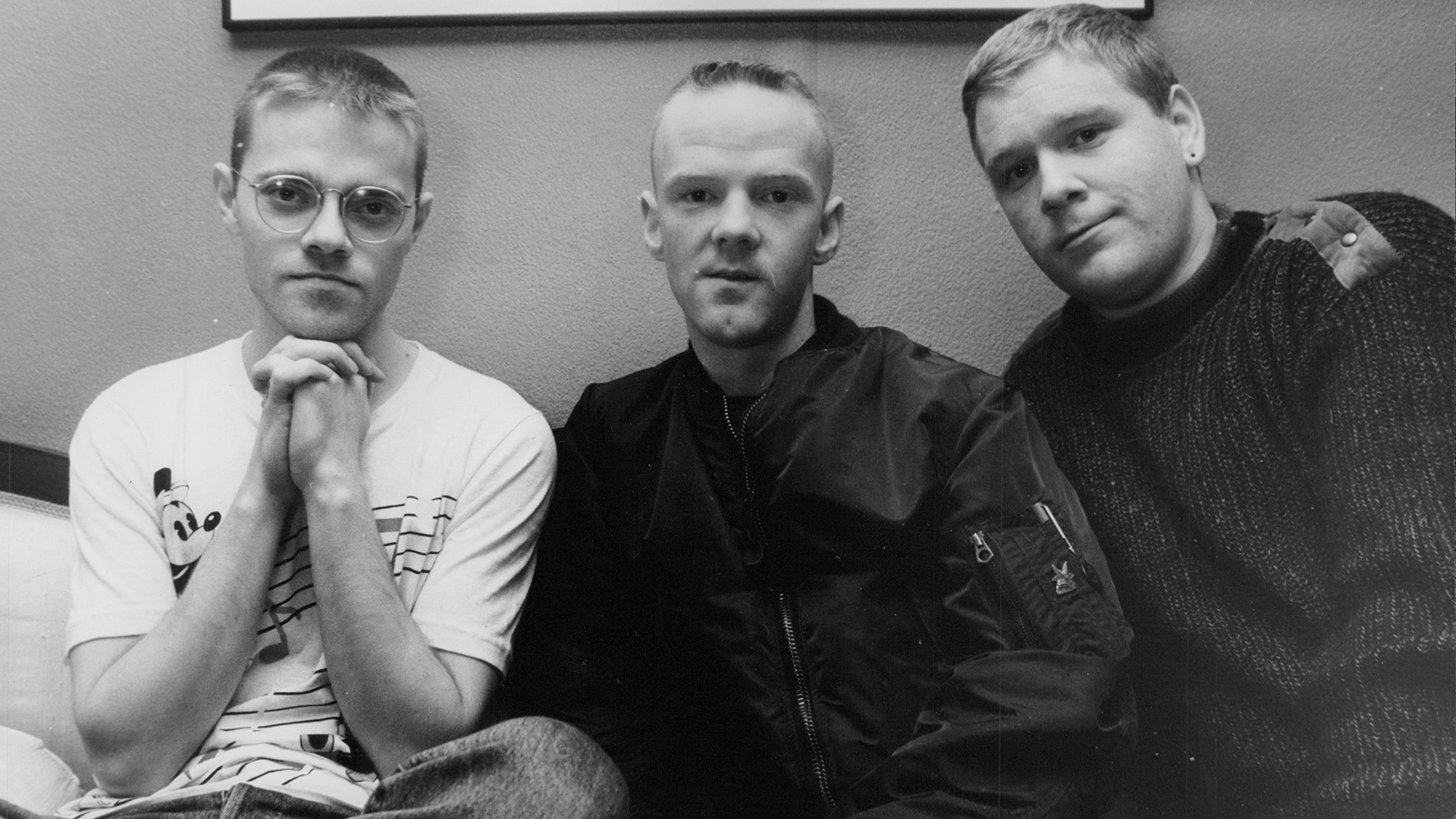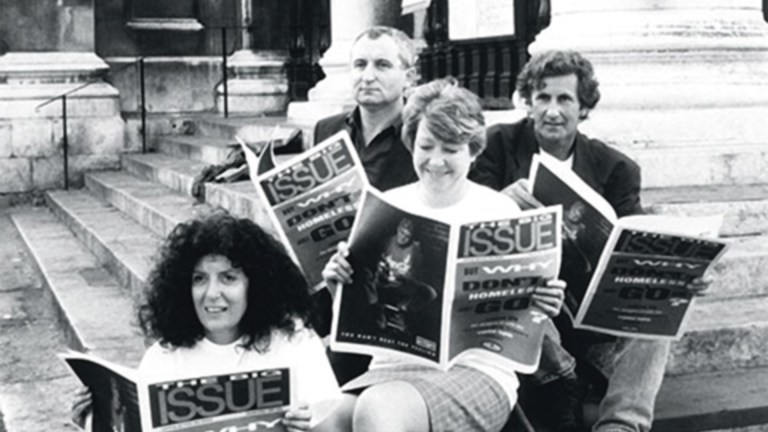Bronski Beat were the ‘first real gay group in the history of pop’ and their repertoire, lyrics, sound and press coverage raised awareness, challenged discrimination, raised funds for strikers, supported international solidarity and activist campaigns and communities and called for a better future.
Their debut album The Age of Consent was released in October 1984, the year of the miners’ strike, eviction of Greenham Common Peace Camp, violent tensions over Northern Ireland and unemployment levels at 11.9 %.
The amendment to regulations around local government funding, later known as Section 28, that would stop the funding of content seen to ‘promote’ homosexuality, was in development. London’s Gay’s The Word bookshop was raided for importing ‘obscene’ books that were readily available in other book sellers. The raid, combined with discussion of police entrapment of gay men, encouraged Britain’s first openly gay MP Chris Smith to announce his sexuality in parliament.
It was three years after the first identified case of AIDS in the UK and still a year away from the development of a reliable test for the HIV virus. This was a world that needed Bronski Beat’s activism, music and commentary to connect the complex ecology of activism and politics at the height of Thatcher’s Britain.
- Pride at 50: ‘What has been kept alive is the spirit of fun that marked out that first march’
- Yes, LGBTQ+ Pride still matters. A lot. Here’s the many, many reasons why
The album tied together gay lives, union struggles, international solidarity, peace movements and the cold war, combining politics of the left with gay politics – from the pink triangle symbol on the cover design, to the lyrics and content. In the process the album and its tracks changed lives.
Smalltown Boy allowed gay audiences to see themselves for the first time in many cases. The album’s tracks also introduced their listeners to a gay heritage playlist. It tips a hat to those who had gone before, blending together torch songs, classics of the early UK rock and roll scene, the Great American Songbook, and disco central to the gay club scene and culture. It Ain’t Necessarily So reminded listeners that, like Somerville himself, David was small and he slew Goliath and not to believe things they read (in the Bible). Why? confronts the gay basher and calls the church, medical professionals and politicians to account.










